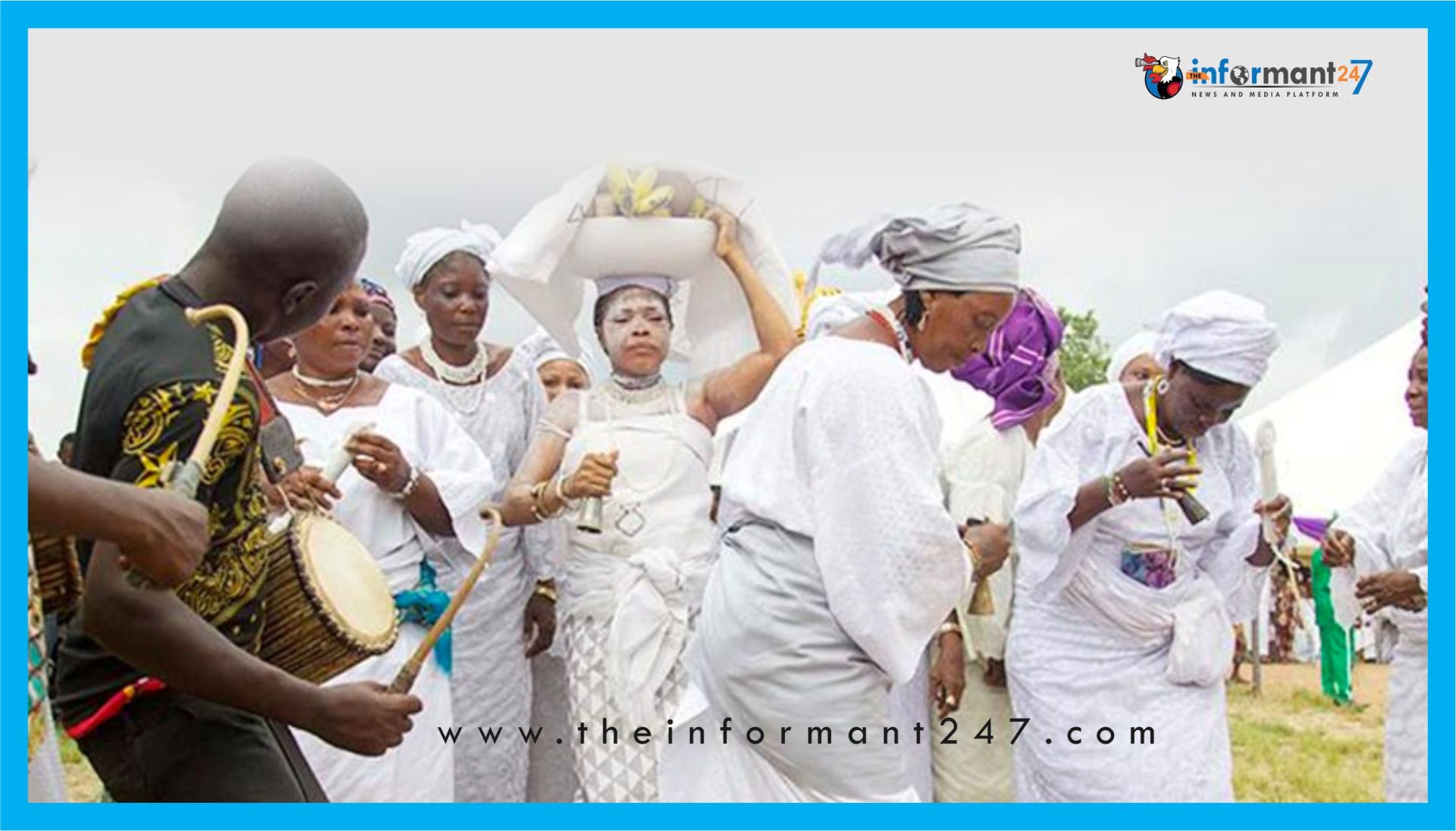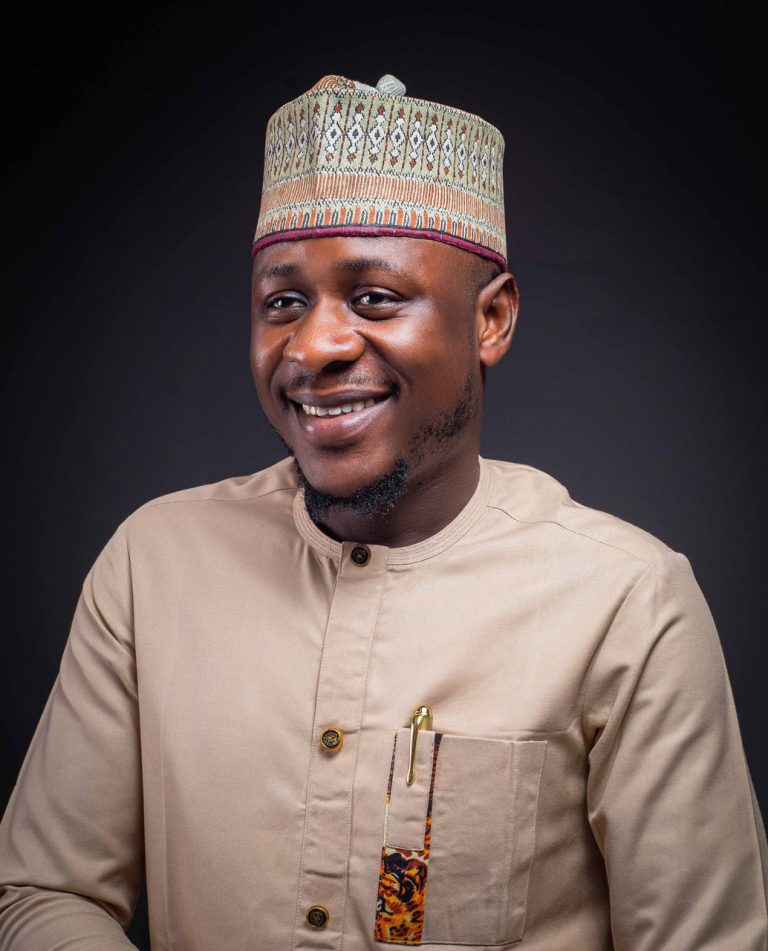Why traditional worship practices are resurging in Nigeria
In recent years, Nigeria has witnessed a resurgence in traditional worship practices, a cultural revival that reflects a growing sense of identity and spiritual exploration.
This phenomenon, rooted in history and heritage, is drawing attention across the nation and beyond.
But what exactly is driving this resurgence?
A Return to Cultural Roots
For many Nigerians, traditional worship practices represent more than religion; they are a reconnection to ancestral heritage. As the country continues to modernise, some citizens are turning to these practices to preserve their cultural identity.
“Traditional worship gives me a sense of belonging,” says Adetola Olayemi, a devotee of the Yoruba Ifá tradition. “It’s a way to honour my ancestors and maintain our family’s legacy.”
This revival is particularly pronounced among the Yoruba people, where cultural and religious traditions like Ifá and Ogun worship are deeply intertwined with their identity.
Disenchantment with Western Religions
While Islam and Christianity remain dominant in Nigeria, some individuals express dissatisfaction with their experiences in these faiths. Reports of corruption, scandals, and alleged dogmatic practices have led some Nigerians to seek alternative spiritual paths.
Traditional worship often appeals to those seeking a more personal and community-centred approach to spirituality. Rituals, festivals, and communal prayers provide opportunities for active participation and shared experiences.
The Difference Between Religion and Tradition
It is important to distinguish between religion and tradition or culture, especially in the Yoruba context. Traditional worship practices are deeply embedded in the cultural fabric, often focusing on preserving heritage, communal values, and historical continuity. Religion, on the other hand, primarily addresses personal and collective spirituality and beliefs about the divine.
Interestingly, some Yoruba kings, who are regarded as custodians of traditional culture, continue to practice Islam or Christianity alongside their roles as cultural leaders. This duality reflects the ability to balance religious affiliations with the preservation of Yoruba traditions. For example, a king may uphold Islamic teachings personally while simultaneously overseeing traditional festivals and rituals that are integral to the community’s identity.
Media and Pop Culture Influence
Nigerian pop culture has played a pivotal role in reigniting interest in traditional practices. Films, music, and literature increasingly highlight African spirituality, portraying it in a positive light.
Celebrities like Burna Boy and Tems have referenced traditional beliefs and symbols in their music, encouraging younger generations to explore these traditions. Additionally, Nollywood movies frequently depict traditional deities and customs, sparking curiosity and appreciation.
Global Recognition of African Spirituality
Globally, there is a growing appreciation for African traditions, including spiritual practices. This recognition has empowered Nigerians to embrace their indigenous religions with pride. International festivals and collaborations celebrating African culture further reinforce the value of these practices.
Community and Healing
Traditional worship practices are often intertwined with holistic healing and communal support. Many Nigerians turn to these systems for solutions to personal, health, and societal challenges. Traditional priests and healers provide guidance, blending spirituality with practical advice.
For instance, Osun-Osogbo, a UNESCO-recognised cultural festival, attracts thousands of worshippers and tourists annually, showcasing the significance of traditional worship in fostering unity and well-being.
Stances of Yoruba Kings
Yoruba monarchs have also played a critical role in the resurgence of traditional worship. Many kings, regarded as custodians of culture, have openly supported the preservation and promotion of these practices. Their endorsement has helped reduce the stigma associated with traditional worship, fostering acceptance and respect among wider communities.
This dual role—upholding cultural practices while maintaining personal religious affiliations—demonstrates the nuanced relationship between tradition and modern religious expressions. It also stressed the inclusivity of Yoruba culture, which values harmony and coexistence.
Conclusion
The resurgence of traditional worship practices in Nigeria is a testament to the enduring power of culture and spirituality. As some Nigerians seek to reconnect with their roots, traditional practices are gaining recognition as vital components of the nation’s identity.
This revival is not just about religion; it is a cultural movement that celebrates diversity, promotes understanding, and strengthens the bonds of community.
FAQs
1. Why are traditional worship practices becoming popular again in Nigeria? Nigerians are reconnecting with their cultural heritage and seeking alternative spiritual paths that offer community and identity.
2. How does pop culture influence traditional worship practices? Nigerian music, films, and literature often showcase African spirituality, sparking curiosity and appreciation among younger generations.
3. Are traditional worship practices recognised internationally? Yes, events like the Osun-Osogbo festival have gained global recognition, highlighting the importance of these traditions.
4. Can Yoruba kings practice both Islam or Christianity and traditional worship? Yes, many Yoruba monarchs balance their personal religious beliefs with their cultural roles, supporting traditional practices while maintaining their faith.







